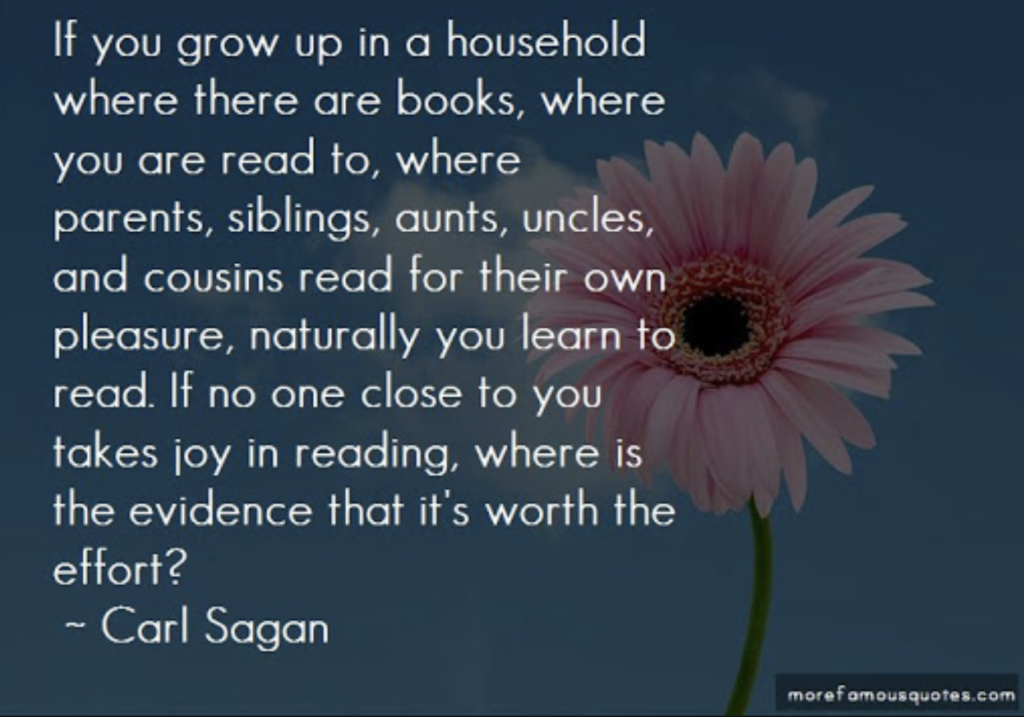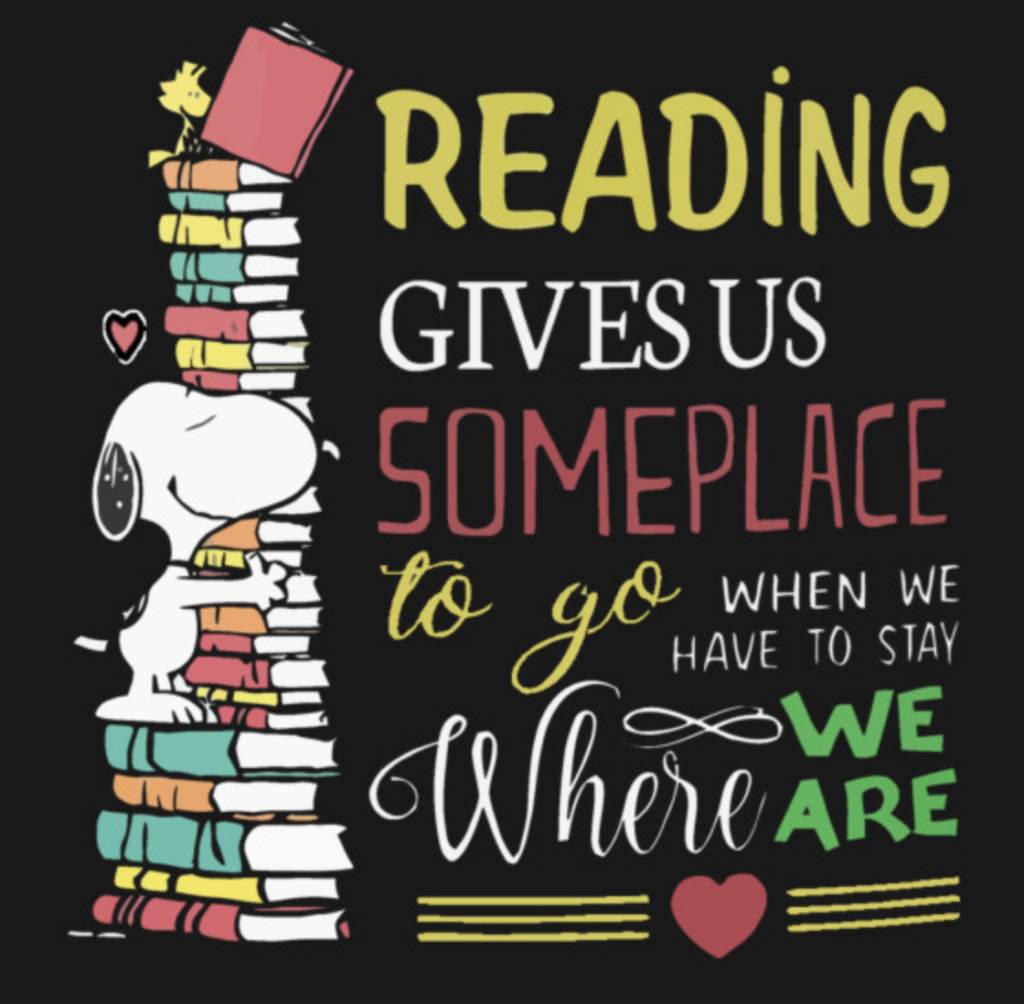“Where are your books?”
In the film “Time After Time,” H.G. Wells has chased Jack the Ripper across time and space to 1979 San Francisco. Wells meets Amy Robbins, a lovely intelligent modern woman. When she takes him to her apartment, one of his first observations is that she has no books.
As a brilliant, well-read man, he is appalled.
Imagine if he had come along 42 years later.
Imagine if he met people who bragged that they hadn’t read a book since they finished school.

Imagine if he met some of the 20 percent of American adults estimated to be functionally illiterate.
Or the next 20 percent who lack the literacy skills to perform jobs as simple as shift leader in a fast food restaurant.
Or the next 20 percent who lack the literacy skills to carefully examine and understand contracts like mortgages or car loans.
And there you have a pretty solid majority — 60 percent of adults. If they either can’t read or cannot understand the nuances of what they are reading, they are susceptible to being influenced by the loudest voices.
And just like that, you have a broken civic life.
My wife, who has always been a reader, had a colleague who was somewhat critical when it came to reading. He said it annoyed him when people told him they loved to read and then he saw their bookcases were filled with James Patterson or Stephen King books.
I have a friend who considers himself a reader on a higher level because almost everything he reads is nonfiction.
We have bookcases in four different rooms in our house and I have more than 1,700 books on my Kindle. My reading habits have changed with age in one respect. As my eyes have aged, a lot of my reading is now the equivalent of someone reading to me — audiobooks.
A lot of my reading (or listening, as it were) is history. Largely American history, but in the last 10 years or so I have been reading a great deal of French history, including two lengthy biographies of Charles DeGaulle and an in-depth look at the Dreyfus affair.

Reading opens your mind and develops your imagination. If you read a book without pictures, you imagine the characters in your mind. I read years and years of Spenser novels by Robert B. Parker, and I never pictured him anything like the actors — Robert Urich and Joe Mantegna — who played him on television. Still don’t.
On the other hand, and I’m not sure why this is true, I’ve read all of Parker’s Jesse Stone novels, and I have no trouble picturing Tom Selleck as the small-town police chief. Go figure.
But in both cases and in many others, nearly all the pictures in my mind of books I’ve read are my own and not from television. I’ve read enough books in nearly 70 years that television doesn’t determine the way I see things.
I’m not sure exactly when it was that we went from being a nation of readers to being a nation of viewers, but at least into the ’80s, unless you lived in New York or Los Angeles, you couldn’t watch television 24 hours a day. In general, once the late-night talk shows ended around 1 a.m., television stations signed off for the night.
Video recorders came along, but until the early ’90s, movie rentals weren’t that big a business. All-night TV had come along by then, and the wide variety of cable channels seemed to simply overwhelm people.
Where it really got bad was the advent of 24-hour cable news channels. Since they didn’t really cover news 24 hours a day, an awful lot of programming became opinion and commentary and all of a sudden people who couldn’t keep up were being told what to think.
And we haven’t even gotten to the Internet.
The ‘net should have been a great educational opportunity, but for too many people it was just a way to reinforce their prejudices, and worst of all, it essentially killed local newspapers.
Sadly, there’s no going back. There’s no way to eliminate 24-hour television, and even if there were, the Internet and video games would still keep people glued to their screens.
And these people vote.
Boy, do they vote.
Unless you want to take power away from the people and go to some sort of authoritarian system, there’s no way to ascertain whether someone is an intelligent, informed voter.
Eventually, and probably sooner rather than later, we will come to some sort of tipping point.
It won’t be pretty.
But it will be on TV.

